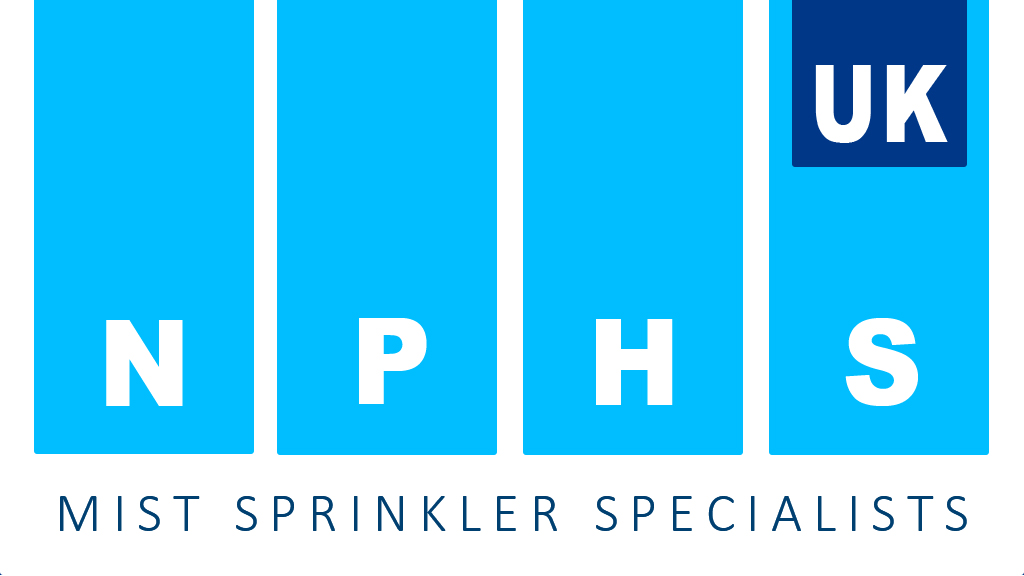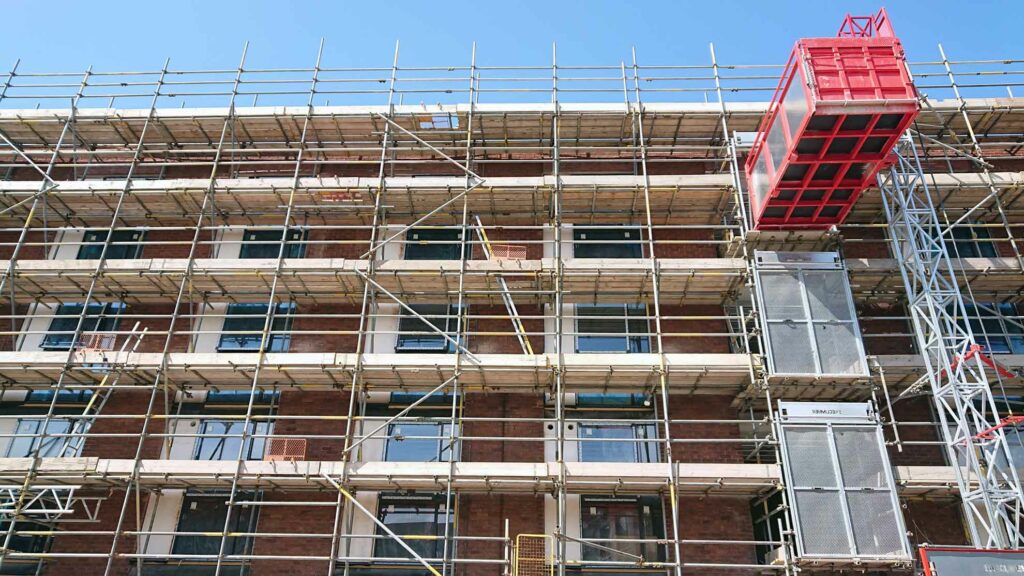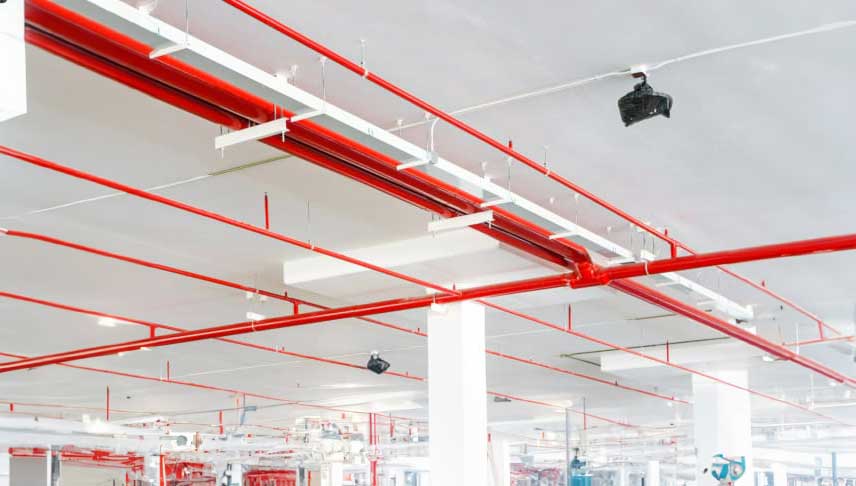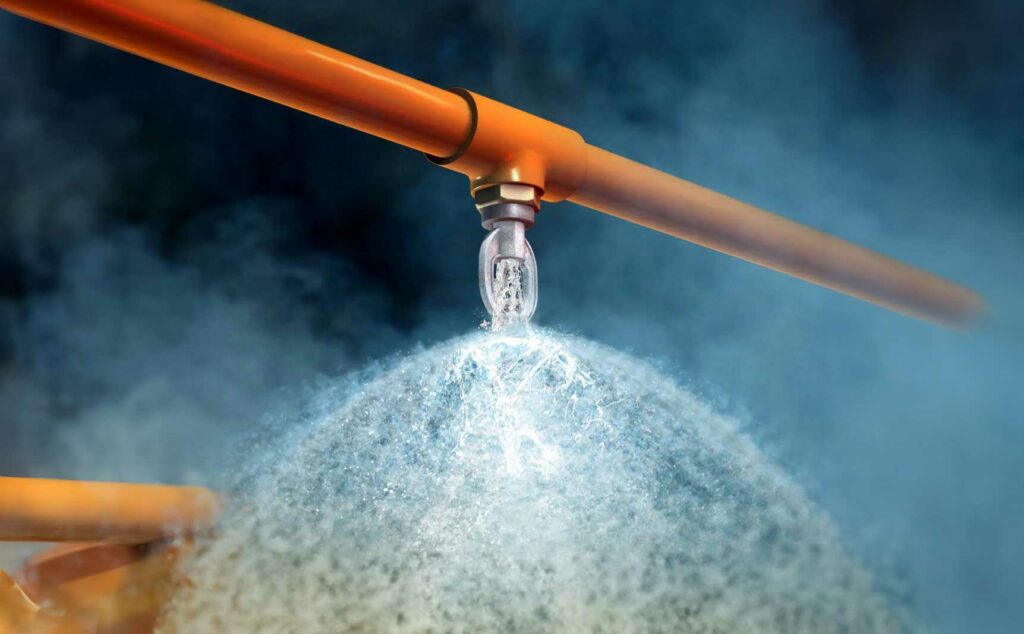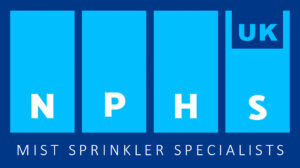Q1: What is a fire sprinkler suppression system?
A fire sprinkler suppression system is an automated system designed to detect and extinguish fires through the discharge of water from sprinkler heads, which activate individually in response to heat.
Q2: How does a fire sprinkler system work?
Fire sprinkler systems work by detecting heat from a fire, which triggers the release mechanism in the sprinkler head. This opens a valve that allows water to flow through the sprinkler head and onto the fire, helping to control or extinguish it.
Q3: What types of sprinkler heads are available?
The two main types of sprinkler heads are glass bulbs and fusible links. Glass bulbs contain a heat-sensitive liquid that expands and shatters the bulb at a certain temperature, while fusible links use a low-melting alloy that melts to release water.
Q4: How effective are fire sprinkler systems?
Fire sprinkler systems have a success rate of over 99% in controlling fires. They can significantly reduce fire-related deaths, injuries, property damage, and environmental impact.
Q5: How long do fire sprinklers stay on during a fire?
Sprinklers remain on until the fire is extinguished, or the water supply is manually shut off. The duration can range from 30 to 90 minutes, depending on the occupancy hazard classification.
Q6: Can fire sprinklers detect smoke?
No, fire sprinklers do not detect smoke; they respond to heat. However, they are often used in conjunction with smoke detection systems for comprehensive fire safety.
Q7: How sensitive are fire sprinklers?
The sensitivity of fire sprinklers varies based on their installation location. Residential and office sprinklers typically activate at around 68°C, while industrial sprinklers may have higher activation temperatures to prevent false triggers from non-fire-related heat sources.
Q8: Can fire sprinklers activate accidentally?
While rare, accidental activations can occur due to mechanical damage, temperature extremes, vandalism, manufacturing defects, chemical corrosion, or improper maintenance.
Q9: What are the maintenance requirements for fire sprinkler systems?
Fire sprinkler systems should be inspected annually by a qualified professional, and sprinkler heads should be tested 25 years after installation to ensure proper operation.
Q10: Are there different types of fire sprinkler systems?
Yes, common types include wet pipe systems, dry pipe systems, pre-action systems, and deluge systems, each designed for specific environments and fire risks.
Q11: How do I choose the right fire sprinkler system for my property?
Consult with a fire protection specialist who can assess your property’s specific fire risks and recommend the most appropriate system based on building occupancy, layout, and local fire codes.
Q12: How much does it cost to install a fire sprinkler system?
Costs vary based on the size and complexity of the system, the type of building, and local labour rates. It’s best to obtain multiple quotes from reputable contractors for an accurate estimate.
Q13: Do fire sprinklers reduce insurance premiums?
Many insurance companies offer reduced premiums for buildings equipped with fire sprinkler systems due to the decreased risk of fire damage.
Q14: Are fire sprinklers required by law?
Fire sprinkler requirements vary by jurisdiction and building type. Many commercial buildings are required by local fire codes and national government legislation to have sprinkler systems installed.
Q15: How do I find a reputable fire sprinkler installation company?
Look for companies with certifications from recognized fire protection organizations, positive customer reviews, and a proven track record of successful installations.
Q16: How long does it take to install a fire sprinkler system?
Installation time depends on the system’s complexity and the building size but typically ranges from a few days to several weeks.
Q17: Can fire sprinklers be installed in existing buildings?
Yes, fire sprinklers can be retrofitted into existing buildings. The installation process may be more complex than in new constructions but is often feasible.
Q18: What happens if a fire sprinkler malfunctions?
Regular maintenance and inspections help prevent malfunctions. If a sprinkler malfunctions, it should be repaired or replaced immediately by a qualified technician.
Q19: Do fire sprinkler systems use a lot of water?
Fire sprinkler systems use significantly less water than firefighting hoses, as they target the fire directly, minimizing water usage and damage. However, please note that the storage tank required within the property is much greater than that of a water mist system by comparison.
Q20: Can fire sprinkler systems be customized for aesthetic purposes?
Yes, there are concealed and decorative sprinkler heads available that blend with the building’s interior design, ensuring both safety and aesthetics.
